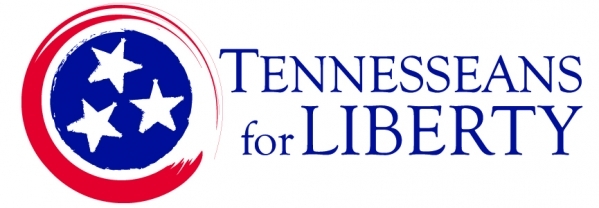Worldview
Advocacy for individual liberty is the foundational principle that guides our organization, but what undergirds this concept of liberty? Our nations Founders posited that there are “self-evident truths” that are “endowed” to the individual by our “Creator” and that these truths include “unalienable Rights”. These thoughts bring forth many questions for the philosophical. But, perhaps what is most relevant here is our organizational perspective on worldview when considering what supports the concept of liberty.
” . . . the Founders fundamentally believed that the ability to govern ourselves rests with our individual and collective virtue (or moral character).”
J. David Gowdy, No Liberty without Virtue, The Washington, Jefferson & Madison Institute, Sunday, April 3, 2011
First, we will emphasize that it is counterproductive to argue that there are unalienable rights, if one simultaneously argues that truth is relative. Because if truth is relative, who then is to say what is a right, who should have rights, who can take rights away, and whether even such rights should be recognized and protected equally. Even such a brief discussion leaves most logical and clear thinking liberty advocates realizing that relative truth and absolute liberty are antithetical concepts. Likewise if there is absolute truth, there is absolute morality.
This then leads us to consider: If truth is absolute . . who determines truth?
There are five primary possibilities proposed by most philosophers:
- Nature
- Self
- Society
- Government
- God
concept of a omniscient lawgiver or face a moral paradox.
And, while we welcome those of various faiths or non-faith into our organization, we find that the concepts of true liberty are integral with the Judeo-Christian worldview. Thus, this doesn’t mean one must be Jewish or Christian to be an advocate for liberty; certainly some of the Founding Fathers were Deist. But, we would argue that
If one considers true liberty, one realizes:
- Liberty cannot persist outside of a moral and lawful society because the rights of the smallest minority (the weakest individual) will consistently be thwarted by the more powerful individual or group – Sociopolitically we call this a Republic, which is governance by law. Of course the United States is a democratic republic. And, government has only one role, which is to defend the liberty of the individual, therefore
- A republic is necessary to defend liberty, and
- Lawfulness is critical to a republic, and
- A lawful society cannot persist outside of a mutual understanding of what is moral and therefore lawful, and
- A mutual understanding of morality and law cannot exist outside of an entity that defines morality and law, hence
- The great lawgiver either becomes God, government, or self
Advocates of liberty generally find it self apparent that government which is an embodiment of the people itself or the people’s leaders is no more moral that then people who created it or run it. Thus,
